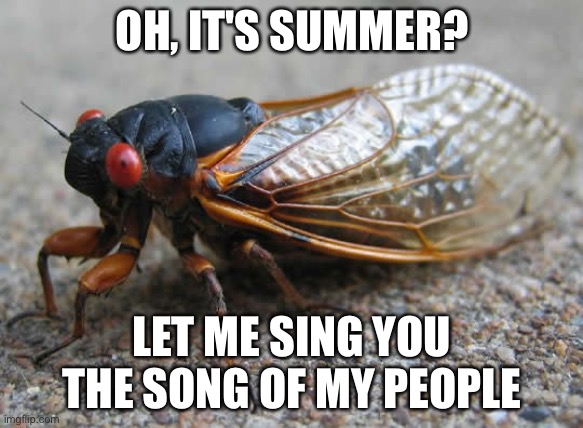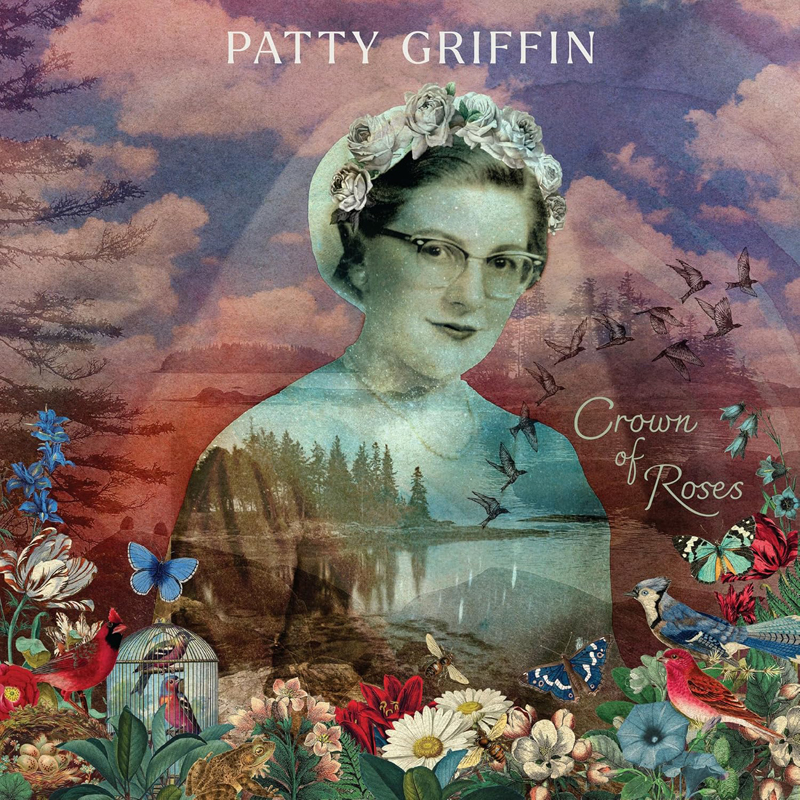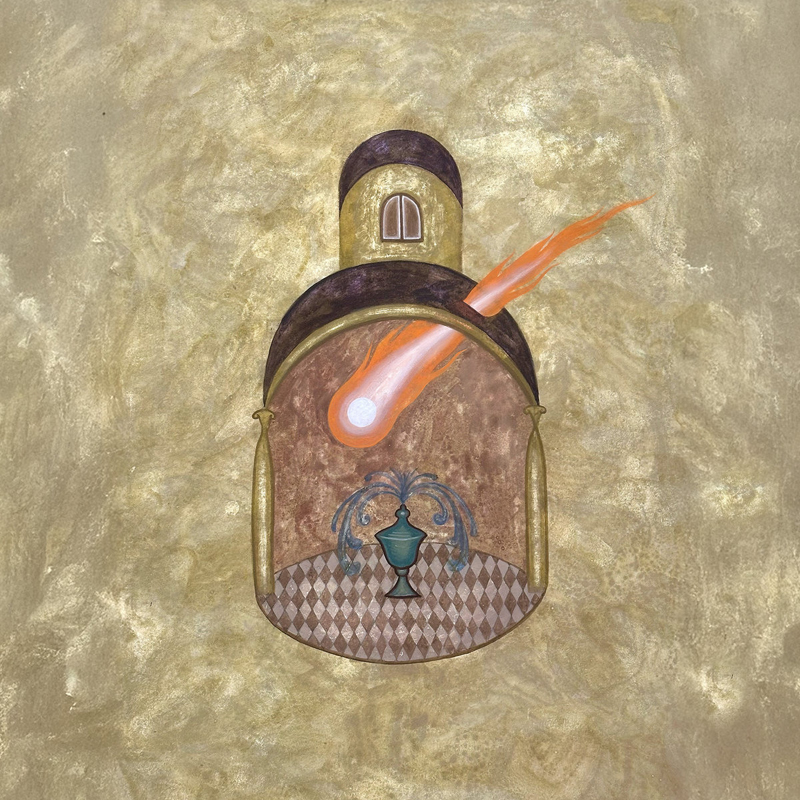Critic’s Picks: Albums of the Summer 
4 Columns
Songs to sweat by: a roundup of four new music recommendations.

What is the perfect summer album? Based on this week’s picks by four 4Columns critics, beauty truly is in the ear of the beholder—each writer takes us on a different journey, through one band’s breaking of rock conventions, a folk singer’s decay and despair, a Ukrainian duo’s channeling of haunting mysticism and war, and an electronic musician’s sounds of dissolution. Which record will be your listen of the summer?
• • •
caroline 2, by caroline, Rough Trade Records
Reviewed by Sasha Frere-Jones

A glorious campaign against the bar line, where bands leave strict time behind, has unfolded largely in the UK and Europe over the last decade. Along with Still House Plants and Able Noise, caroline, in particular, have made letting go a lush practice. Eight people singing and playing strings and woodwinds and brass, nestled amid two drummers and some guitars, have anchored themselves to a process with no single aesthetic or approach. (Abandoning beat patterns is one of the few ways to become well and truly anti-commercial.) The band’s second album, caroline 2, answers a question a friend posed to me almost forty years ago: “If free improvisation was completely free, wouldn’t it break into melody more often? Wouldn’t Derek Bailey eventually sound like Fleetwood Mac at some point?” caroline 2 is, in fact, that point.
Band member Jasper Llewellyn told me he felt “more confident” writing vocals for this album and “didn’t feel the need to dumb down or reduce the melodies that were naturally coming out.” Enlisting an actual Caroline (Polachek) for one song, the band has induced a rare event: genuinely experimental music that’s genuinely inviting. Llewellyn spoke to me about using “song-y tropes,” like shorter song lengths, while “fragmenting other aspects even further,” and both strategies are audible. And that’s only right—a summer album needs both disintegration and beauty to represent the peak days always already fading. The lyrics don’t tell stories, but rather give us sticky fragments: “Did we ever talk about?” reaches us, two or three voices in the query, a question that cannot be answered, as real conversation never ends.
• • •
Crown of Roses, by Patty Griffin, PGM
Reviewed by Andrew Chan

For some singers, vocal decline can be more of a revelation than a loss. Classic examples include Billie Holiday, whose desiccated timbre late in her career became the perfect vehicle for her depressive balladry, and Joni Mitchell, whose mezzo-soprano tessitura dropped more than an octave in the 1980s. In Patty Griffin’s latest album, Crown of Roses, the country-folk veteran makes gorgeous use of her own instrument’s atrophied state, reportedly the result of a difficult period during which she experienced the death of her parents, a cancer diagnosis, and the end of her long-term relationship with Robert Plant. Like other gifted vocalists who have foundered but triumphed in middle age, she casts her new limitations as evidence of a life fully lived.
When Griffin first emerged on the Boston coffeehouse scene in the ’90s, her reedy voice was blessed with a powerful upper extension, enabling her to conjure a virtuosic intensity inspired by one of her childhood favorites, Aretha Franklin. Here, her high notes are effortful and minimally deployed, and she foregrounds the lower parts of her range, where her tone is by turns soft, brittle, and poignantly hollowed-out. Her songwriting complements this muted approach, replacing her usual dynamics with a sometimes-harrowing simplicity. In the resignedly apocalyptic “Born in a Cage,” she delivers a fable about disappearing birds, wheezing the words “so tired” with all the fatigue of a wing’s last flutter. In the even more ominous “Long Time,” a whiny guitar stalks her as she mutters her way across a “valley of despair.” There is hope on this record—for instance, on the propulsive opener, “Back at the Start”—but its most profound moments find the artist confronting, with a hard, unflinching gaze, the inevitability of death and decay.
• • •
Гільдеґарда (Hildegard), by Heinali and Andriana-Yaroslava Saienko, Unsound
Reviewed by Geeta Dayal

In the liner notes for the album Гільдеґарда (Hildegard), the Ukrainian musician Oleh “Heinali” Shpudeiko describes a missile landing perilously close to his studio in the capital of Kyiv. “That traumatic explosion reduced my essence to a primal state,” he writes. “There existed nothing but dread—the kind that, in scripture, accompanies the appearance of angels announcing, ‘Be not afraid.’ ” In this poignant record, which attempts to process the raw pain and devastation of war, Heinali and fellow Ukrainian musician Andriana-Yaroslava Saienko renew and reenvision spiritual works by the twelfth-century Benedictine abbess, composer, writer, and mystic Hildegard von Bingen.
Two of von Bingen’s sacred compositions from the Middle Ages, dedicated to the Holy Spirit and to the Virgin Mary, form the heart of this project: “O Ignis Spiritus Paracliti” and “O Tu Suavissima Virga.” Both are dramatically slowed down to nearly twenty minutes each, taking on a sense of gravity and sorrow. Saienko’s vocals are impassioned, powerful, and affecting. A digital bonus track, “Zelenaia Dubrovonka,” is a Ukrainian folk lament reworked with lyrics for the present day.
Electronics make for a unique sonic backdrop, via modular synthesis. The synthesizers aren’t just a modern gimmick, but precisely selected instruments that fit perfectly with the meditative drones and medieval polyphony of early music. Recorded in the Cistercian abbey of Sylvanès, a French church founded in 1136, the songs absorb the reverberations and resonances of the deep past, and fuse it with the uncertainty and horror of the technological present.
• • •
Comafields / Imaginary Festival, by Burial, Hyperdub
Reviewed by Harmony Holiday

Comafields / Imaginary Festival, Burial’s new EP, extends the artist’s proof of concept so well that his use of an alias, which suggests he works with the dead and the sacred as an undertaker who is a caretaker who is a conduit, allowing them to speak muted prophecies into this realm, finally clicks, like the sounds of loading guns somewhere in the distance of these aggressively discrete monuments to the underground. The first track is propelled by a half-celebratory, half-accusatory refrain: you put your arms around me. The reminiscence doesn’t seem entirely sweet in its disembodied high pitch, trapped beneath a relentless and staggering beat that periodically conceals the you and turns the declaration into an invitation and parody of embrace. Listening to the twelve-minute “Comafields” on a walk, or drive, or, if you’re lucky, in New York, or in London, while riding the metro and letting the mind wander beneath the street scenes, you might be inspired to take hold of something that’s always been yours, a sense of tranquility or belonging just out of reach up there that you now grab and claim. It dissolves in your hands.
The second track, another echelon in this abridged epic, begins in the soothing static of that dissolution. It’s romantic there, my love, a siren voice assures, over and under the sounds of artillery, the faint rustling of keys or chains, more off-center percussion, the paces of a broken heart recalibrating to its malfunction. It all slows down to a groove in that break, and a chorus intervenes like familiar friends showing up on time to deescalate a horror scene. He calls us toward an “Imaginary Festival.” We’re all allowed to attend, but become part of what’s excavated and buried there if we do.
What’s comforting about this release, this particular summer, is that its half-admonishing tones accurately channel the stagnant, almost stale optimism of this era. A zombie cell matrix reenters its crypt after having disappeared into righteous embodiment for a time. By living with these rhythms, we feebly honor the dead, the martyred, the massacred, and the living, as if finally aware that we’re all sharing one obscene, immortal city.
Songs to sweat by: a roundup of four new music recommendations.
